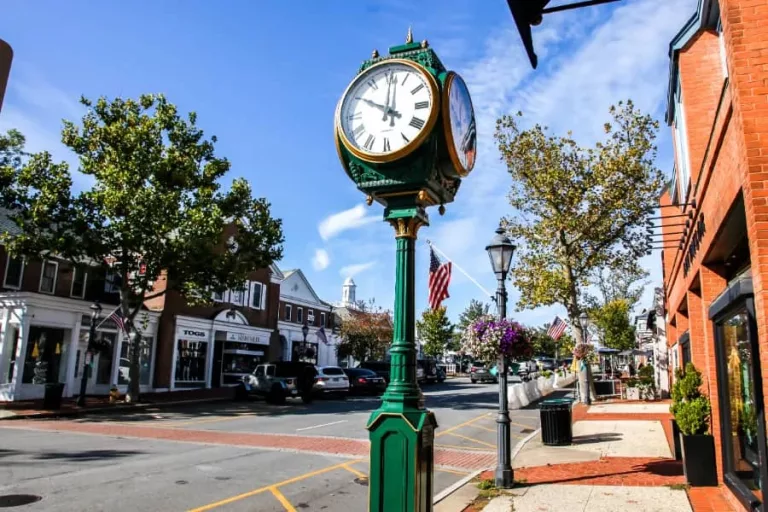By the Rev. John Kennedy
At the end of his letter to the Galatians, the Apostle Paul reminds us of a truth so universal it hardly needs to be taught: “You reap whatever you sow” (Galatians 6:7). Farmers know this, of course: plant wheat, and you’ll harvest wheat. Plant corn, you’ll harvest corn. No one expects to sow one thing and harvest something else.
The truth of this ancient wisdom applies far beyond agriculture; it’s also true for our character, families, communities, and even our nation. What we put in, we get out. A life of kindness, honesty, and sacrifice yields trust and respect. Good work, over time, builds skill and wisdom. A healthy body, a fruitful spiritual life, a just society — none of these come from nothing. They grow from seeds sown patiently and tended over time.
Therefore, this is not just good advice; it’s woven into creation. It holds whether we like it or not. Ignore this truth, and reality will remind us eventually. “God is not mocked.” (Galatians 6:7)
We see this pattern all over Scripture: “Whoever sows injustice will reap calamity.” (Proverbs 22:8); “Sow righteousness, reap steadfast love.” (Hosea 10:12) Jesus says, “Every healthy tree bears good fruit, but the diseased tree bears bad fruit… You will recognize them by their fruits.” (Matthew 7:17, 20) He calls his disciples branches abiding in him, the true Vine, bearing the fruit of life in Him (John 15).
But here’s where it gets interesting: Paul is also the apostle of grace. Just before this saying in Galatians, he’s passionately insisting that we are saved not by our works but by grace through faith: “We know that a person is not justified by works of the law but through faith in Jesus Christ.” (Galatians 2:16). Elsewhere, he writes: “By grace you have been saved through faith… not the result of works, so that no one may boast.” (Ephesians 2:8)
So which is it? You reap what you sow, or salvation by grace?
It’s both. We do not earn our way to God by our own virtue. If anything, Jesus reaps what we sowed: our sin, violence, and estrangement — and we, by sheer grace, reap life and reconciliation through his death on the cross. That’s the Gospel: the unearned, undeserved harvest of mercy.
And yet, once we’re reconciled by grace, we are called to respond; to abide in Christ and bear fruit, and to cooperate with the Spirit’s slow, transforming work. Paul says, “If you sow to your own flesh, you will reap corruption, but if you sow to the Spirit, you will reap eternal life.” (Galatians 6.8)
Grace isn’t an excuse to drift through life unchanged. It’s the invitation to grow into the likeness of Christ; to become the kind of tree that bears good fruit. That takes time, patience, effort, and commitment — all on the foundation of grace.
But patience is in short supply these days. Last week we celebrated our country’s birth, and so it might be worth asking: are we, as Americans, patient or impatient? The answer, again, is both.
There is real American patience: our Revolution took years of sacrifice and endurance. Generations of farmers and settlers cleared fields, built towns, and planted seeds. Many still live this out: parents caring for children, children caring for aging parents, neighbors building up communities that outlast them.
But alongside that, there’s an unmistakable American impatience. We are a people of the quick fix. We invented fast food, same-day shipping, endless scrolling. If a thing can be done with less effort and more speed, we’ll find a way. From social media to AI, so much of modern life runs on the promise of immediate gratification. Even faith can fall into this trap: believe once, check the box, reap heaven — never mind the life you lead or the fruit you bear.
In a culture like ours, the old truth that you reap what you sow sounds almost quaint. But it remains true. In politics, when we believe easy slogans and promises of instant solutions, we reap division and dysfunction. When we treat the natural world as disposable, we reap pollution and scarcity. When we trade depth and reflection for constant distraction, we reap anxiety and emptiness.
Jesus said, “The harvest is plentiful, but the laborers are few.” (Luke 10:2) There is a rich harvest waiting in the life of your soul — a harvest that asks for steady tending: prayer, study, service, sacrifice. “Do not grow weary in doing good,” Paul writes, “for in due season we will reap, if we do not give up.” (Galatians 6:9)
The French Jesuit and scientist Teilhard de Chardin put it this way: “Above all, trust in the slow work of God.” Not everything good is quick. Some things take root deep underground. Some harvests ripen only through seasons of waiting. But in the end, we do reap what we sow.
May we sow in patience, hope, and in trust that the One who began a good work in us will bring it to completion.
The Rev. John Kennedy serves as Associate Rector at St. Mark’s Episcopal Church in New Canaan, CT.



